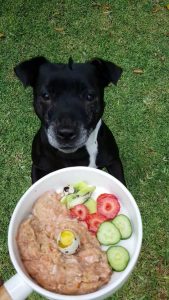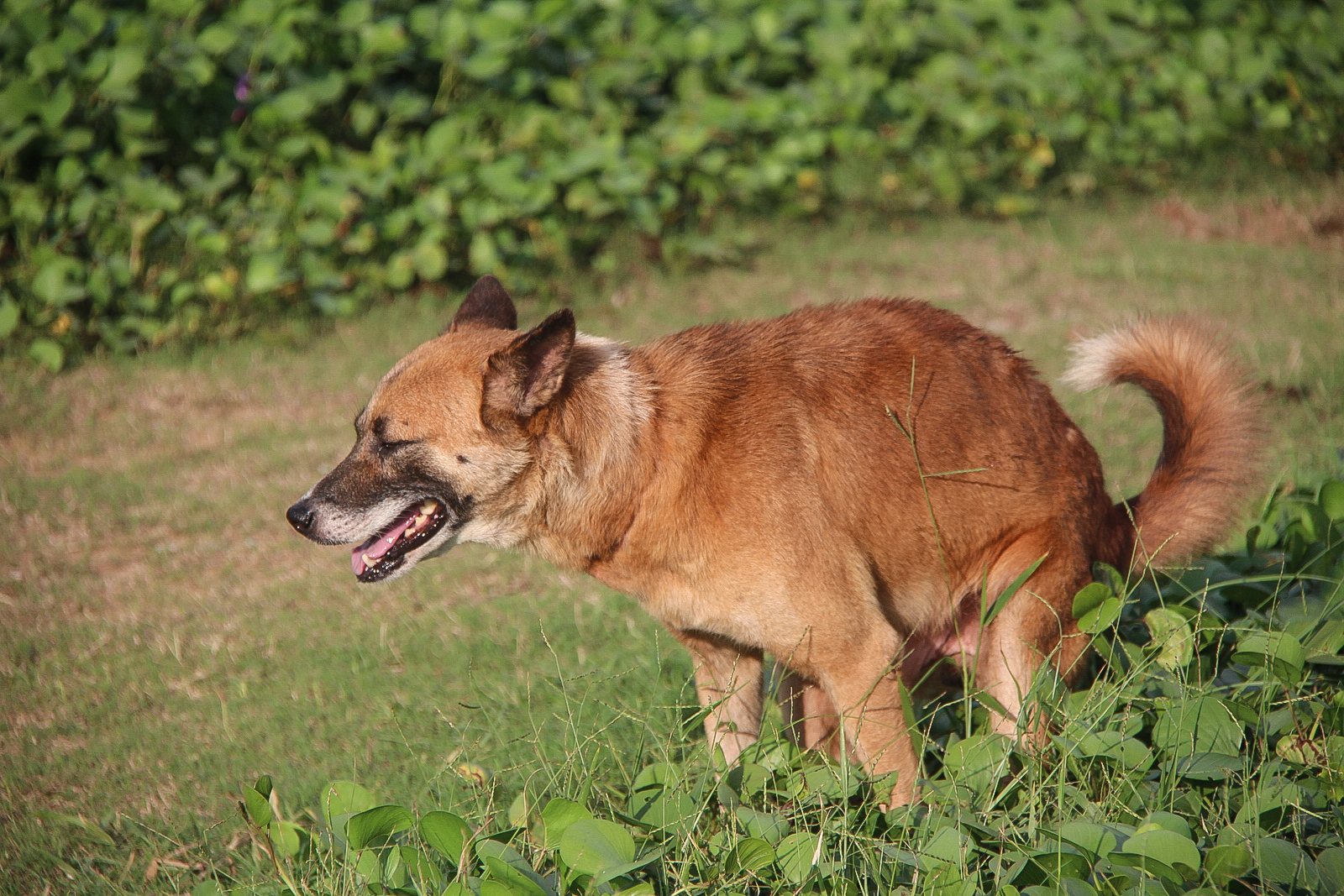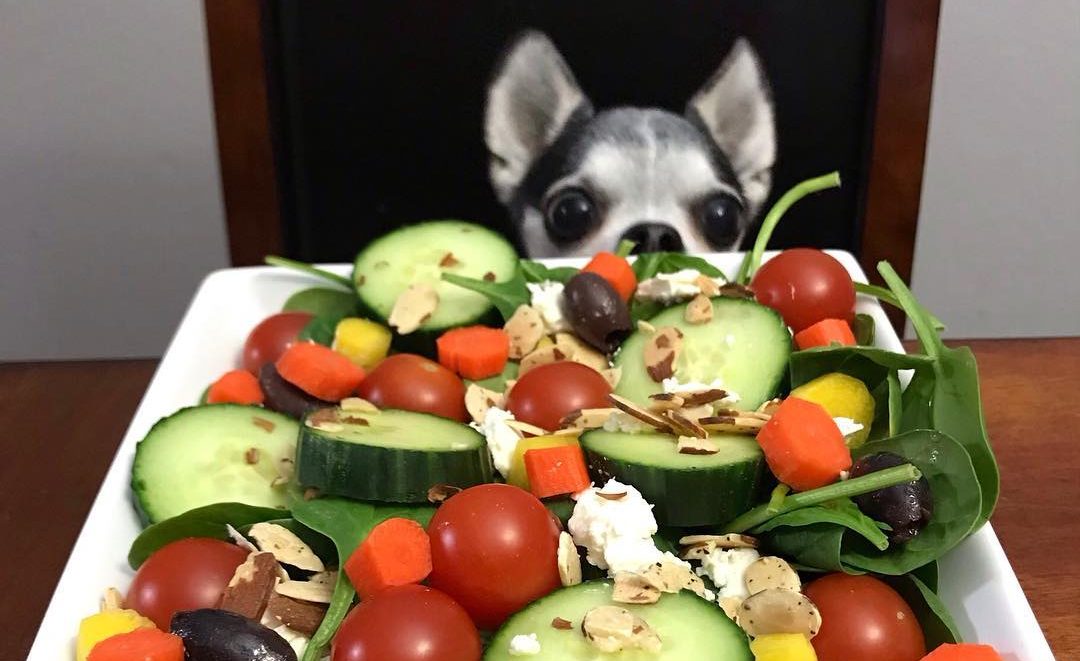Last Updated on November 5, 2023
Ensuring your dog’s health and vitality is a top priority for any responsible pet owner. One of the most effective ways to achieve this is by creating a personalized homemade balanced diet that caters to your dog’s specific nutritional requirements. In this in-depth article, we will delve into the intricacies of crafting a truly balanced and nutritious diet for your beloved pet.
The Significance of a Homemade Balanced Diet
The Foundation of Optimal Health
At the core of a dog’s well-being lies its diet. Just as with humans, a dog’s diet plays a pivotal role in determining its overall health. A balanced diet is a harmonious blend of various nutrients, including proteins, carbohydrates, fats, vitamins, and minerals. These components work together to ensure your dog’s vitality, longevity, and overall quality of life.
Customization for Individual Needs
One of the compelling advantages of opting for a homemade balanced diet is the ability to customize your dog’s meals based on its age, activity level, and any specific health concerns. Whether you have a growing puppy, an active adult, or a senior dog requiring specialized care, a homemade diet allows you to address your dog’s unique needs.
Crafting the Perfect Homemade Balanced Diet
Protein Prowess
 Proteins are the fundamental building blocks of life for dogs. They are indispensable for muscle development, immune system support, and the maintenance of healthy skin and coat. When designing your dog’s diet, consider incorporating high-quality protein sources such as lean meats (e.g., chicken, turkey, beef), fish (e.g., salmon), and eggs. These protein sources are not only rich in essential amino acids but also highly digestible.
Proteins are the fundamental building blocks of life for dogs. They are indispensable for muscle development, immune system support, and the maintenance of healthy skin and coat. When designing your dog’s diet, consider incorporating high-quality protein sources such as lean meats (e.g., chicken, turkey, beef), fish (e.g., salmon), and eggs. These protein sources are not only rich in essential amino acids but also highly digestible.
Carbohydrates for Sustained Energy
Carbohydrates serve as a vital source of energy for dogs, aiding in their daily activities. Opt for complex carbohydrates like brown rice, sweet potatoes, and whole grains. These not only provide energy but also supply valuable dietary fiber to promote healthy digestion and maintain stable blood sugar levels.
The Magic of Healthy Fats
Healthy fats are crucial for various aspects of a dog’s well-being. They facilitate the absorption of fat-soluble vitamins, help maintain a glossy coat, and support cognitive functions. Incorporate sources of healthy fats into your dog’s diet, such as salmon, flaxseed, and olive oil. These fats are rich in omega-3 and omega-6 fatty acids, which are essential for heart health and reducing inflammation.
Essential Vitamins and Minerals
To cover all bases, ensure your dog’s diet includes a variety of fruits and vegetables. These serve as abundant sources of essential vitamins and minerals. For example, carrots are a great source of vitamin A, spinach is rich in iron and calcium, and blueberries provide antioxidants to boost overall health.
Practical Tips for an Optimal Diet
Portion Control: The Golden Rule
The importance of portion control cannot be stressed enough. Maintaining your dog’s ideal weight is closely linked to portion sizes. Consult with your veterinarian to determine the right amount of food for your dog, taking into account factors such as breed, size, and activity level.
Hydration, the Unsung Hero
Never underestimate the power of hydration. Fresh and clean water should always be readily available to your dog. Adequate hydration is not only essential for digestion but also critical for regulating body temperature, lubricating joints, and flushing out toxins.
Embrace Variety
Just like humans, dogs appreciate a diverse menu. Introduce a rotation of different protein sources, carbohydrates, and vegetables into your dog’s diet. This not only keeps mealtime exciting but also ensures a broad spectrum of nutrients, reducing the risk of deficiencies.
Veterinary Consultation
While creating a homemade balanced diet is a fantastic endeavor, professional guidance is invaluable. Regular consultations with your veterinarian will help monitor your dog’s health and ensure that the diet plan aligns with your dog’s specific needs. Adjustments can be made as necessary to cater to any changing health conditions or nutritional requirements.
List of recipes that are good for homemade balanced diet for dogs
Here are some of the top recipes when it comes to conjuring up homemade balanced meal for your dog.
1. Chicken and Brown Rice Recipe:
- Ingredients:
- 2 boneless chicken breasts or thighs
- 1 cup brown rice
- 1/2 cup carrots, chopped
- 1/2 cup green beans, chopped
- 2 cups water or low-sodium chicken broth
- Instructions:
- Cook the chicken by boiling or grilling until fully cooked, then let it cool.
- Cook brown rice separately according to package instructions.
- Steam or boil the carrots and green beans until they are tender.
- Shred or chop the cooked chicken and mix it with the cooked rice, carrots, and green beans. Add water or low-sodium chicken broth for moisture.
2. Beef and Sweet Potato Stew:
- Ingredients:
- 1 pound lean ground beef
- 2 sweet potatoes, peeled and cubed
- 2 cups spinach, chopped
- 2 cups beef or vegetable broth
- Instructions:
- Brown the ground beef in a pan, breaking it into small pieces.
- Boil the sweet potato cubes until they are soft and can be easily mashed.
- In the same pan as the beef, add spinach and broth. Stir until spinach wilts.
- Mash the cooked sweet potatoes and mix them with the beef, spinach, and broth.
3. Salmon and Quinoa Delight:
- Ingredients:
- 2 salmon fillets
- 1 cup quinoa
- 1 cup peas
- 1/2 cup carrots, diced
- 2 cups low-sodium vegetable broth
- Instructions:
- Bake or grill the salmon until fully cooked. Remove any bones and skin, then flake the fish.
- Cook quinoa according to package instructions.
- Steam peas and carrots until they’re tender.
- Combine the cooked quinoa, flaked salmon, peas, carrots, and a small amount of vegetable broth.
4. Turkey and Pumpkin Casserole:
- Ingredients:
- 1 pound ground turkey
- 1 cup canned pumpkin puree
- 1 cup brown rice
- 1 cup broccoli florets
- 1 cup low-sodium chicken or vegetable broth
- Instructions:
- Cook the ground turkey in a pan until it’s no longer pink.
- Cook the brown rice according to package instructions.
- Steam the broccoli until it’s tender.
- Mix the cooked turkey, rice, pumpkin puree, and broccoli. Add a small amount of broth for moisture.
These recipes provide a good starting point for creating homemade meals for your dog. Always consult with your veterinarian for guidance on portion sizes and to ensure these recipes align with your dog’s specific nutritional requirements. Homemade dog food can be a wonderful addition to your pet’s diet but should be part of an overall balanced nutrition plan.
In Conclusion
In conclusion, crafting a personalized homemade balanced diet for your canine companion is a profound expression of care and love. By focusing on the right blend of proteins, carbohydrates, healthy fats, vitamins, and minerals, you can enhance your dog’s life quality and ensure they thrive in good health. Remember that a healthy, well-balanced diet is just one component of responsible pet ownership, so keep your dog’s tail wagging with happiness through love, care, and the gift of a nutritious, homemade diet tailored to their unique needs.
 Dog N Treats All dogs deserve to be pampered
Dog N Treats All dogs deserve to be pampered



